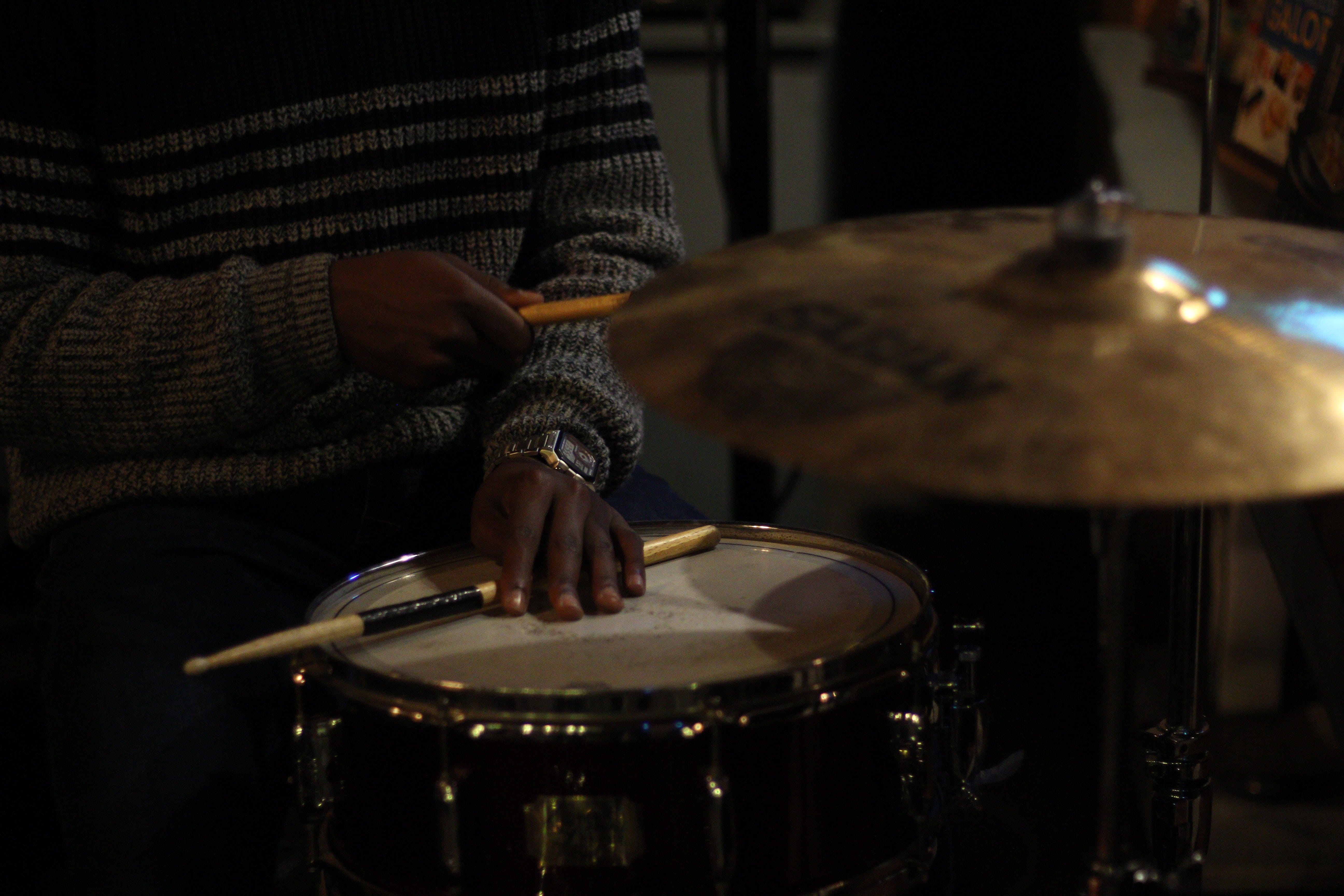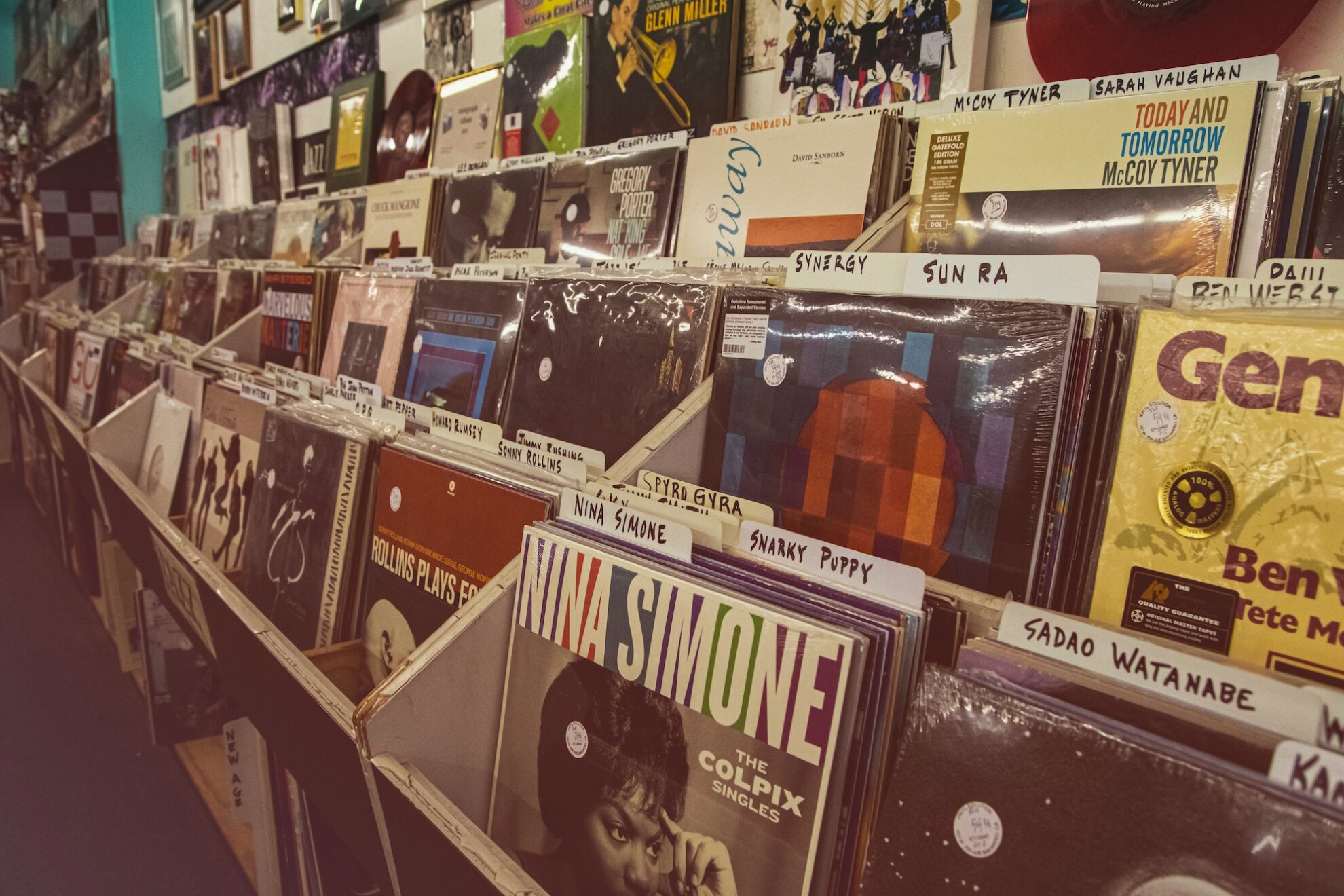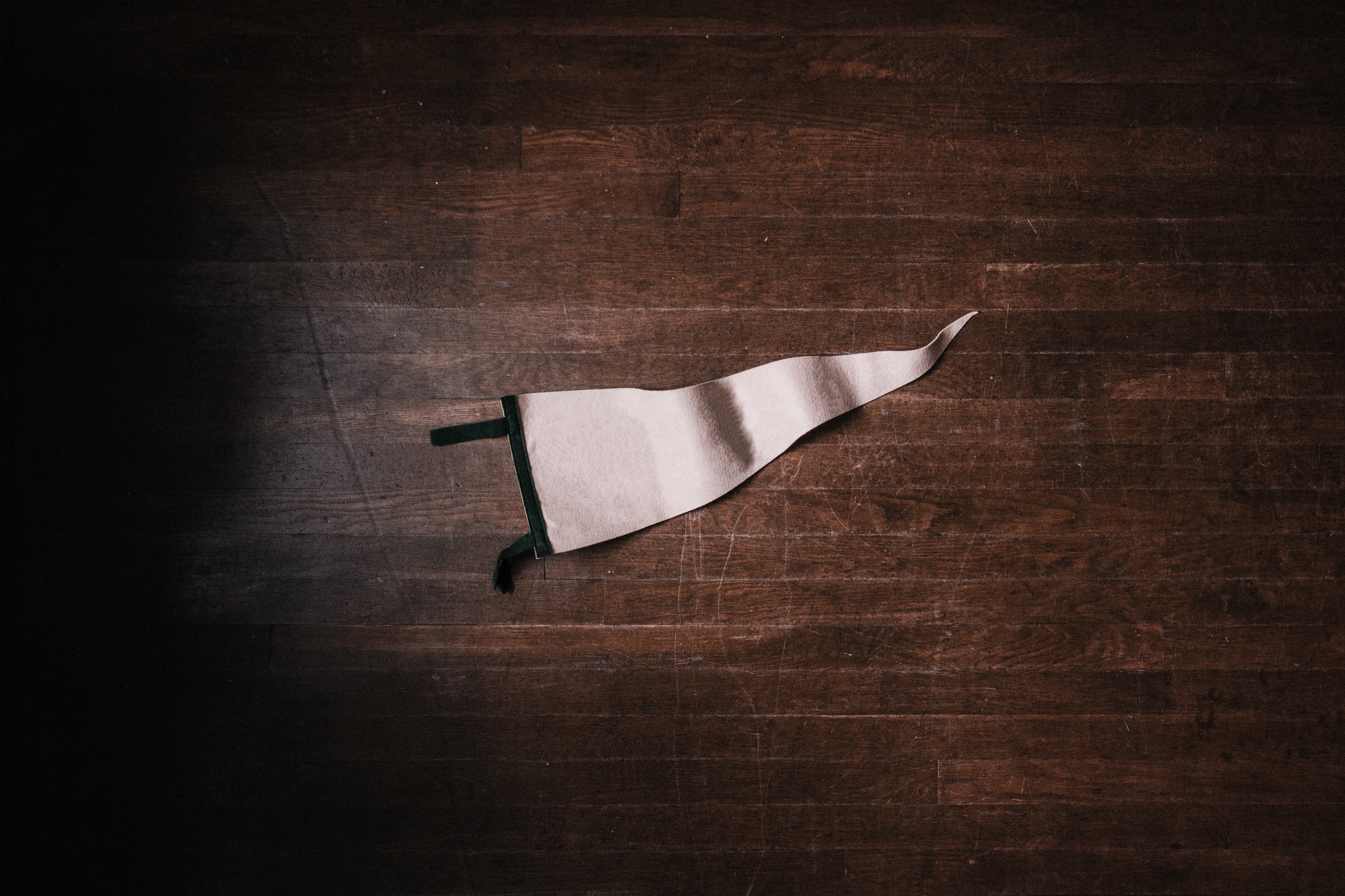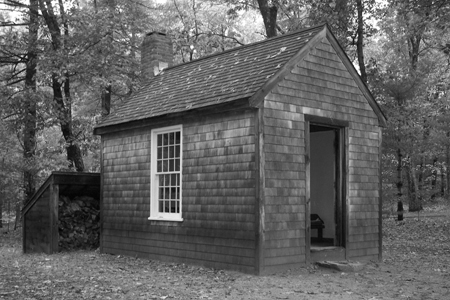What day is it? This has become the question during life in lockdown. It’s a joke birthed in real feelings:
- Monotony. Everything feels the same. Nothing distinguishes one day from another. We just wake up and hit replay.
- Lack of drive. There is no inspiration to achieve goals or create fresh things. We want to sit and eat snacks and watch a show. Maybe browse social media or the news.
- Boredom. We binge shows. We get Door Dash. We make video calls. But nothing is exciting.
- Meaninglessness. All this leads to questioning our purpose. Why even wake up in the morning? Why are we even here?
Guess what? These problems existed before the quarantine and will exist after. Life can be a sleep-walking, monotonous stumble without a groove.
In music, “groove” refers to the rhythm and the flow. When a band is grooving, you can feel it. Everything is cohesive — moving together. There is infectious energy. This is what we want our lives to feel like.
Movement. Energy. Rhythm. We want to be in a groove.
Jazz music is all about the groove. Musicians flow together as one. There are foundation and rhythm, but there is also spontaneity and impulse.
Whether you like it or not, jazz can teach us how to have a groove. How to live with energy and rhythm. To live in the flow. Here are five concepts to learn from America’s classical music:
1. Find Your Juice
“You blows who you is.” — Louis Armstrong
Every jazz musician has a unique perspective and sound. Each one approaches their instrument differently, with a particular voice. They play in a way that only they can. Their instrument is an extension of who they are — what they’ve experienced and what gives them joy. Their essence overflows into what they create.
To find your groove, you need to find your juice. Your zest. Your spice. Your voice.
What are you uniquely capable of doing? What do you do, recreationally, that other people get bored with? To find your groove, understand what you are wired to do. And then invest time and energy into these areas.
For some of us, we may never be paid to do this thing, but that’s not the point. We need things that give us the juice and the buzz, regardless if we make a living with them.
I have a friend who works for a Silicon Valley tech company but loves making greeting cards and is great at it. Another friend loves cooking, so she cooks meals for homeless shelters.
Writing is one of these things for me — it’s not my job, but it provides deep joy. It gives my life some juice.
Remember the cliche that we are not human “doings.” We are not made to produce things nonstop. We are made to BE. Our lives are meant to be juicy and zesty. (Sorry, I started a garden this week, filled with tomatoes. Thus the juicy and zesty talk.)
This differs from treating yourself to another season of Ozark or a bowl of Reeses Eggs. Treats are great, but they are not what gives deep joy.
Have you ever listened to Louis Armstrong’s version of “What A Wonderful World?” Nobody has a voice like him. It came from his soul. The entirety of his being.
Be you. Do things you are uniquely good at. Blow who you is.
2. Flow With Your Mistakes
“Do not fear mistakes, there are none.” — Miles Davis
Jazz is known for valuing mistakes and using them for improvisation. The pianist Bill Evans reportedly said, “There are no wrong notes, only wrong resolutions.”
Have you ever witnessed an amateur playing a recital, glued to the sheet music, trying to play music perfectly — desperate to not make a mistake? Is this music? With auto-tune and music editing software, much of today’s music is created “perfectly.” But music is the language of the soul. Music’s purpose is to express our longings and desires and pain and elation. These things are messy, like our lives.
Most of the world is living a reality never experienced before. There is no textbook for thriving during a pandemic. No one taught us how to homeschool one kid…while attending a virtual business meeting…while cooking dinner with another kid in our arms…searching for ingredients not available at the grocery store…while another kid eats play dough.
Of course, we are going to make mistakes.
We will lose our patience. We will let our coworkers down. We will eat or drink too much.
More than ever, we have to let go of perfectionism and flow with mistakes. Jazz musicians take a wrong note and bend it to a blue note. Mistakes become a part of the conversation between instruments.
Ella Fitzgerald once forgot the lyrics to a song at a concert and used that mistake to ad-lib and “scat” for about two minutes, which became a famous recording, full of joy.
To get your groove, you need to give some grace. You will play some wrong notes. Instead of beating yourself up or wallowing in the mistakes, bend those wrong notes and improvise them into a creative resolution.
3. Root Yourself In a Rhythm
“The rhythm of life is a jazz rhythm.” — Langston Hughes

When jazz started it had hints of classical music but, like blues, it was rhythmic. Drums are the foundation of jazz. The movements of the piano or electric guitar can sound chaotic, but they are rooted in a rhythm. All the melodies and counter-melodies are built on a foundation.
Are you rooted to a rhythm? What is your foundation?
We flourish when we have a rhythm. Think about it — life is built around rhythms. The sun rises and starts with a crescendo. Night descends with a diminuendo. Weeks have a pattern. Seasons are rhythmic — the lull of winter, the freshness of spring, the energy of summer, and the gearing down of fall.
This is one of the hardest parts of the shutdown, our rhythms have been thrown off. There is no ebb and flow. No clear ending of a workday. No schedule. No agenda.
What if we use this as an opportunity to establish new life-giving rhythms?
What if we woke up at the same time in the morning? And spent this time exercising? Or meditating? Or writing?
What if we set a time during midday to take a walk and breathe? What if the night became a routine of examining the day?
Or once a week we took a sabbath with no work but filled with reflection and activities of joy?
A groove needs a foundation. Once we are rooted in a rhythm, we can be creative.
4. Be A Lifelong Improviser
“Life is a lot like jazz. It’s best when you improvise.” — George Gershwin
This is what most of us think of with jazz — improvisation. You could follow an elite jazz band across the country and never hear the same version of a song. They improvise the notes on the spot, responding to the other players, the environment, a player’s mood, the crowd, the feeling, the moment.
Yes, we need rhythm. We need plans and goals. But wisdom shows us that life is ultimately un-plannable. None of us are in control.
When will this pandemic end? Will it come back next year? Will there be another pandemic later in life? What decisions will our kids make? Where will I live in 10 years? What conflicts and tragedies and successes will my life contain? Will the economy be stable or collapse?
We don’t know.
We need to learn the art of improvisation. Our circumstances don’t have the last word — we can choose how to respond. We can bounce back. We can use our circumstances to change and adjust and pivot.
The key to improvising is awareness. Each moment gives us an opportunity. If we are numb or closed off, we cannot see the paths that open. But if we are present and aware, we see all the creative solutions right in front of us.
In what ways do you need to pivot and adjust? How can you step back from your current problems and see the opportunities they possess?
5. Man Was Not Made To Groove Alone
“The Spirit of jazz is the spirit of openness.” — Herbie Hancock
Jazz is made by a collection of people. You can’t think of jazz music without thinking of the word “band.” There is a phrase in jazz — “call and response.” One instrument makes the call and the others respond. In that way, the music becomes a conversation and a commentary. The musicians unite to create a cohesive work that is entirely original.
This pandemic has taught us how interconnected we truly are. Something that starts in one part of the world, can spread rapidly to every small town in every country. It spreads through our connection. We are not individuals — we are a web of connected souls.
If a virus can spread like this, imagine what else can spread?
Love…truth…honor…sacrifice…joy?
Imagine if we were not closed off to other individuals or countries, but were open to a dialogue. Imagine if we were open to collaborating to create something new.
What works of art and beauty are we missing when we insist on doing things on our own?
If we are going to find a groove, it needs to include other people. It needs to include openness and vulnerability.
Be relentless with connection. Keep pushing for it. Refuse to live your life alone.
Here’s a quick summary:
You can find your flow. There is hope for you. You can get your groove back.
- Find Your Juice — Use your voice as only you can.
- Flow With Your Mistakes — give yourself grace and use your mistakes.
- Root Yourself In a Rhythm — Set a foundation and rhythm to your life.
- Be A Lifelong Improvisor — Be aware in the moment and see the creative solutions
- Man Was Not Made To Groove Alone — A groove is built with openness and connection.
Join my newsletter for the latest writings and essays!







2 Comments
Awesome, Adam! Really well-written, and the analogies are so true. I especially like the Mistakes and Improv points. “There are no wrong notes, only wrong resolutions.” I always say, if you make a mistake (and they’re often pretty obvious on bass guitar!), play it AGAIN but make it resolve to the right note in the key – then it’s “jazz.” 🙂 But mistakes are also how we learn in life. My best to you and the fam!
Good to see you blogging again! Special request- include a clip of you doing a jazz groove!